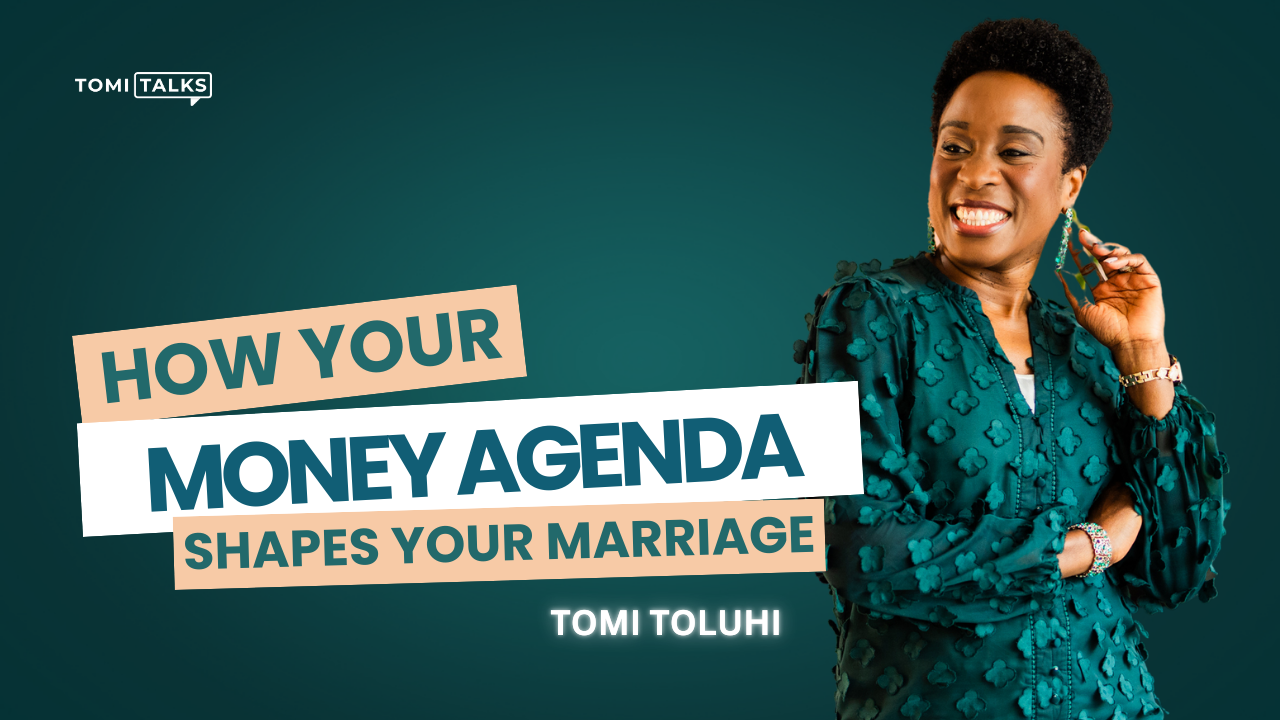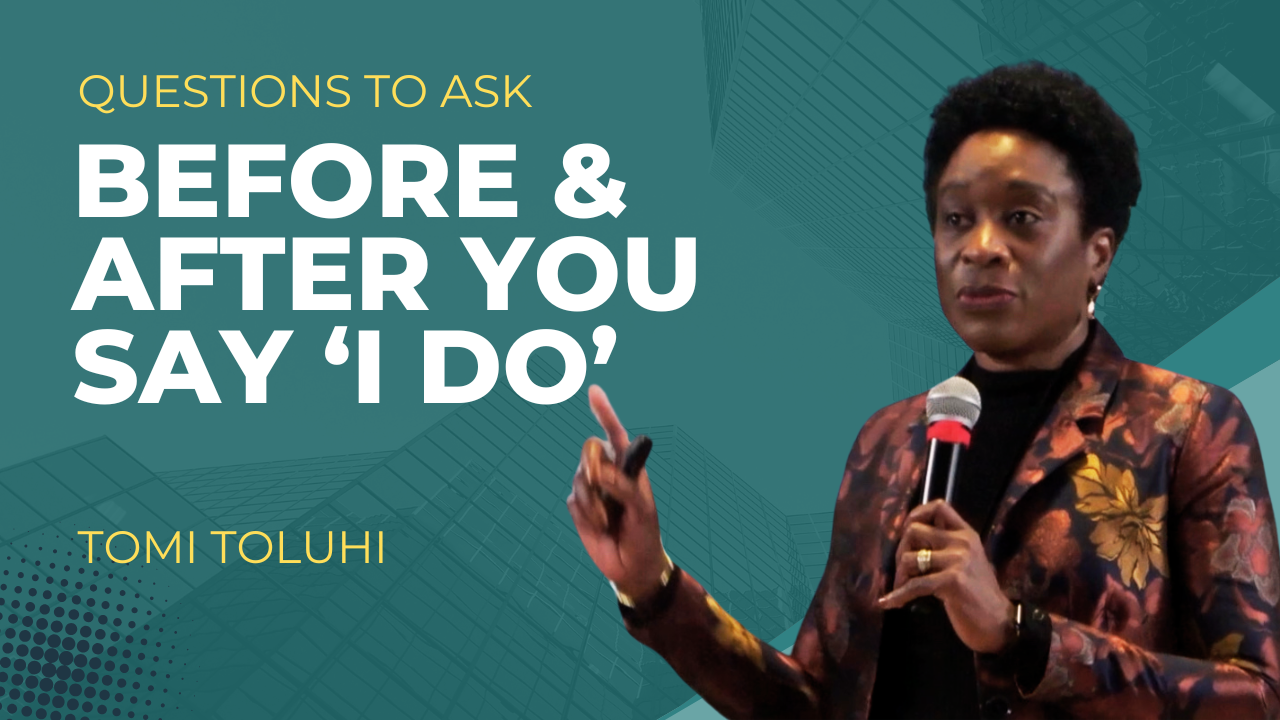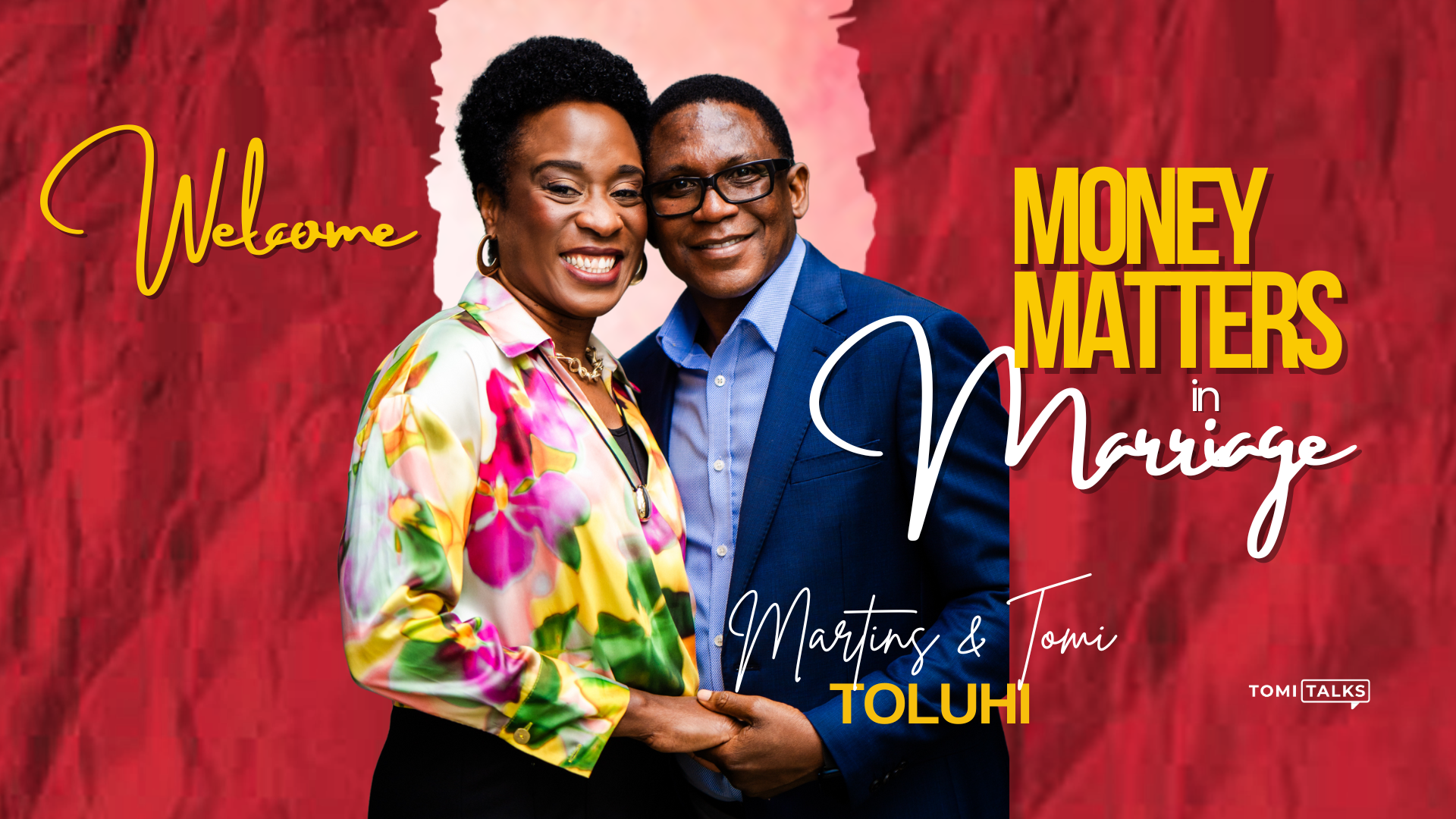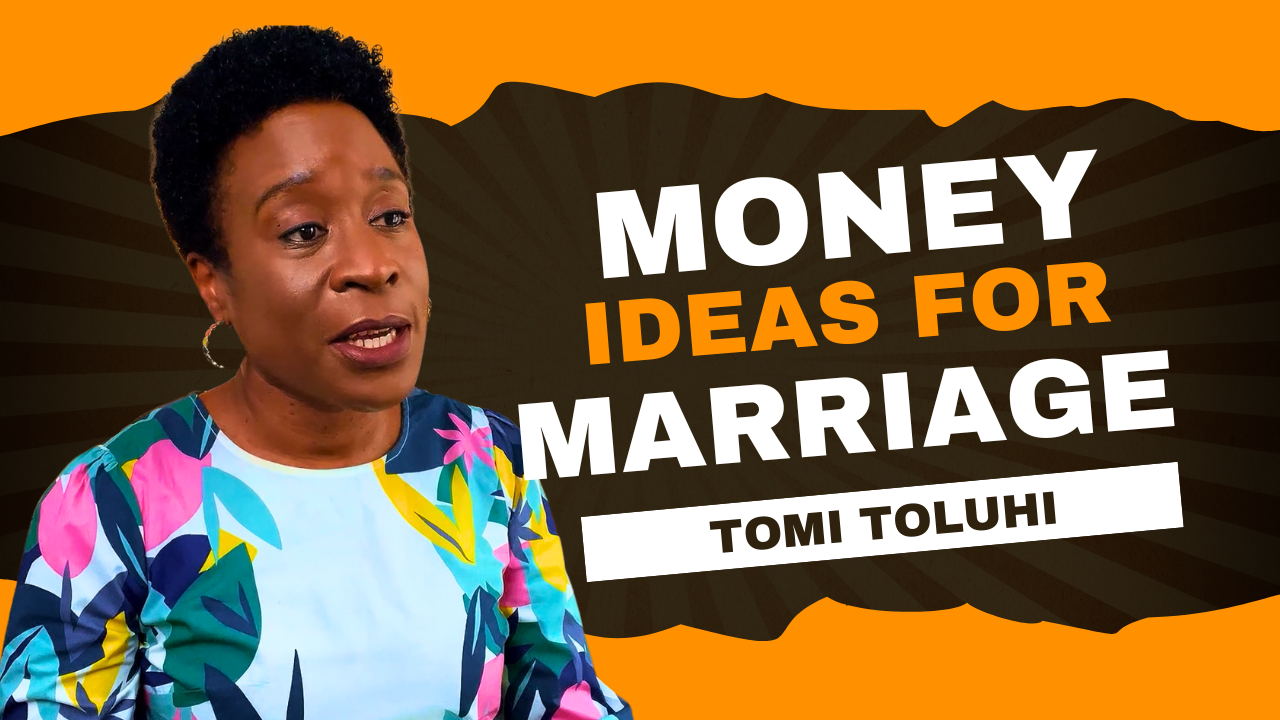Are you marry-able?
‘It is better to be prepared for an opportunity and not have one than to have an opportunity and not be prepared.’ Those are the immortal words of Whitney Young, Jr., the great American Civil Rights leader, and I couldn’t agree more. Marriage is an opportunity that many people find themselves unprepared to embrace. Sometimes, people spend years, even decades, of their lives agonising over when ‘the one’ will show up. The tragedy is that when they do eventually get married to ‘the one’ , one year down the line their marriages are in disarray and they want out. What went wrong? What happened to all the visions of living ‘happily ever after’ ?
Many single people do not realise that ‘happily ever afters’ are not a chance occurrence. They are usually the result of preparation meeting opportunity. A successful marriage takes more than dreams and high hopes; it requires dogged faith and commitment, a variety of skills and a hefty dose of wisdom. I am eternally amazed when I counsel some premarital couples and find that they know next to nothing about what the marriage manual, the Bible, has to say about how to cultivate a successful marriage. Many have not read a book on marriage in recent times (or ever!), nor have they ever sat down to listen to someone teach on marriage-building skills. How can we hope to succeed at a lifetime endeavour with such scant preparation?
Sometimes couples depend on a crash-course of marriage counselling six weeks before the wedding, at which point they are so wrapped up in wedding plans that they cannot give focused attention to the marriage which is the purpose for the wedding. The statistics do not lie; the level of preparation you put in before marriage is directly proportional to the level of satisfaction you will derive early in your marriage. While you may not know when the right person will show up, you are fully responsible for your level of preparedness when they do.
Are you marriage ready? Sure, you are trusting God for a spouse but, in the interim, have you done your best to acquire the skills that will set you off to a flying start? Are you better prepared for marriage this year than you were this time last year? Anybody can marry but not everybody can sustain a marriage. You don’t have to be perfect to be married but you do need to be prepared. The level of preparation you put into marriage is indicative of the value you place upon marriage. Preparation positions you for success and protects you from nasty surprises. When preparation meets opportunity great things happen.
The key to being marry-able is maturity. Most often we focus on physical maturity and assume that once a person attains a certain age they are mature enough to marry. Not so. Matthew 19:11-12 in The Message paraphrase expresses it this way.
“But Jesus said, “Not everyone is mature enough to live a married life. It requires a certain aptitude and grace. Marriage isn’t for everyone. Some, from birth seemingly, never give marriage a thought. Others never get asked—or accepted. And some decide not to get married for kingdom reasons. But if you’re capable of growing into the largeness of marriage, do it.””
Marriage requires growth which transcends the addition of years. It requires an evolution in various areas of our lives until we are correctly positioned to make the best of the opportunity that marriage presents. There are three layers of maturity which I would like to address in relation to this subject.
Spiritual maturity
Marriage was God’s idea so there is a spiritual dimension to living successfully as husband and wife. There’s a level of spiritual resilience that prepares you for the challenges of marriage. There’s also an intimacy with God required because it positions you to hear and obey God’s counsel for marriage. Many people assume that marriage is strictly a physical transaction but the Bible makes it clear that it is a reflection of something deeper – the relationship between Christ and the Church (Ephesians 5:31-32).
God created marriage and He clearly laid out how it was designed to work on the pages of scripture. Some of His instructions may not be to our taste but our willingness to accept His master-plan and work with it is evidence that we are spiritually mature enough to handle the challenges of marriage. Spiritual maturity has very little to do with many of the outward things people focus on as a measure of how devoted a person is to God. It is irrelevant how much you pray and fast, how often you attend church or indeed how many scriptures you can quote. All of these things are great but the reality is that you are only spiritually mature when you have come to the point where the Word of God has become the final authority in your life. That’s where the rubber meets the road. As long as you have ‘ifs’ and ‘buts’ when you approach God’s word, spiritual maturity will remain elusive.
Ask yourself honestly, ‘Has the word of God become the final authority in my life or do I still debate God’s instructions as contained in His word?’ What do you need to do to bring yourself to the point where you accept God’s word as final?
Mental and emotional maturity
Mental and emotional immaturity is another key reason why marriages fail. The capacity to control your thoughts and manage your emotions productively is vital to success in marriage. If you are used to acting on every random thought that crosses your mind or if your treatment of people is determined by your mood on any particular day, you will require an attitude adjustment to be able to make a success out of marriage. It takes wisdom to build a home. Proverbs 24:3 [AMP] makes it clear that, ‘Through skillful and godly Wisdom is a house (a life, a home, a family) built, and by understanding it is established [on a sound and good foundation]’. Wisdom and emotional immaturity are mutually exclusive; they do not co-habit.
There is nothing mysterious about wisdom. Wisdom is simply the ability to consistently choose thoughts and actions that are beneficial and productive. Every success you have achieved in your life up till this point will have been as a result of wise thoughts and actions; conversely, ever failure will have been as a consequence of unwise thoughts or actions. So it is with marriage. If on your worst day, when everything seems to be going against you, you can choose wise thoughts and actions towards your spouse, you are well on your way to victory in marriage. Much destruction and havoc in marriage can be attributed to a spouse entertaining wrong thoughts or acting unwisely to their spouse in a fit of negative emotion. One unwise word can cause long-term damage to a marriage.
Have you learnt how to master your emotions or are you emotions mastering you? How do you respond to people when things don’t go how you planned? Do your friends and family have to ‘take cover’ whenever you are upset? How easy is it for you to set aside your emotions and act in the best interests of another person, even when you are offended?
Life skills
Marriage is for men and women, not boys and girls. There are certain life skills that set you apart as an individual who is prepared for the commitment of marriage. Many of the things we take for granted when we are single become critical success factors once we marry. I would place in this category a number of life skills, the first of which is the ability to hold down a job, manage a business or do something productive with the gifts God has given you. Titus 3:14 has this to say. ‘And let our own [people really] learn to apply themselves to good deeds (to honest labour and honourable employment), so that they may be able to meet necessary demands whenever the occasion may require and not be living idle and uncultivated and unfruitful lives’. Adam was first productive before God gave him a wife. The Virtuous Woman in Proverbs 31 is the epitome of productivity. Productivity does not mean you have it all together financially but it means that you are conscious that God expects you to do something with the gifts He has bestowed you with so that you are giving Him something to bless in every season of your life.
Other critical life skills which can make all the difference in a home are the ability to cook, clean, manage your finances and manage a home. These things are not rocket science! They are basic life skills which every single should bring to the table from day one when they marry. Yet, I find more and more singles totally unprepared for the practicalities of managing a home and running a family. Ask yourself, ‘What basic life skills do I need to cultivate to place myself at an advantage for marriage?










